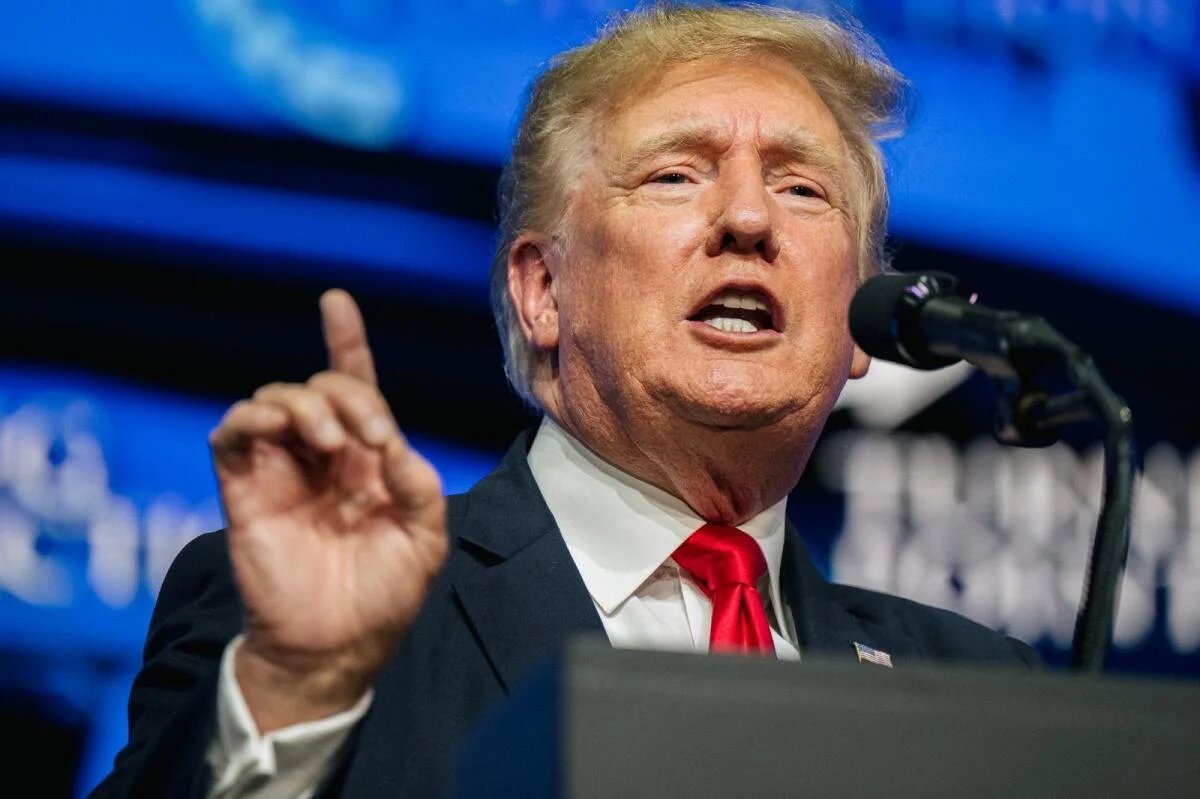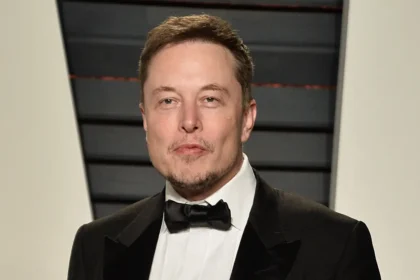Former President Donald Trump finds himself embroiled in a legal battle with serious implications as new charges related to the mishandling of classified documents have been brought against him. This “superseding indictment” is a significant development, expanding the scope of the initial allegations and potentially exposing Trump to further legal consequences.
As the case unfolds, it sheds light on the complexities of national security issues and the importance of safeguarding sensitive information. In addition to Trump, another individual, Carlos De Oliveira, also faces charges in connection with obstructing the investigation, making this a closely-watched legal drama.
Understanding the Superseding Indictment
A “superseding indictment” is a legal instrument that revises and updates the original charges filed against a defendant. Typically, a grand jury reviews new evidence and information to determine if such an indictment is necessary. It may introduce additional charges or involve more individuals linked to the case, while sometimes omitting minor details from the original indictment. In the context of Trump’s situation, special counsel Jack Smith has expanded the charges, taking the legal proceedings to a higher level of complexity.
The New Charges Against Trump
Previously charged with a crime related to mishandling classified documents, Trump now faces three additional criminal charges. One of these new charges alleges that he deliberately concealed top-secret national defense information. The other two charges accuse Trump of obstructing or attempting to interfere with the investigation into the mishandling of classified documents.
According to the new information presented in the superseding indictment, Trump allegedly possessed a confidential document concerning military activities in another country, potentially involving Iran. This document came under scrutiny as Trump reportedly discussed it with biographers during a recorded meeting in July 2021.
Involvement of Carlos De Oliveira
The superseding indictment also involves Carlos De Oliveira, who works at Mar-a-Lago, a property associated with Trump. De Oliveira has been included as a defendant in the case, with prosecutors asserting his involvement in obstructing the investigation. The prosecution claims that De Oliveira collaborated with both Trump and Walt Nauta, an aide to Trump mentioned in the original indictment. Allegedly, they attempted to delete security camera footage from Mar-a-Lago, a crucial piece of evidence sought by the grand jury.
Both Donald Trump and Walt Nauta have adamantly maintained their innocence, denying any wrongdoing in the charges levied against them. Despite the escalating legal pressure, they continue to assert their innocence in the face of these serious allegations.
The superseding indictment against former President Donald Trump, with its expanded charges and inclusion of additional individuals, marks a crucial phase in this high-profile legal saga. As the case unfolds, it highlights the paramount importance of handling classified information responsibly to safeguard national security interests. While Trump and Nauta maintain their innocence, the legal proceedings surrounding this case remain the focus of intense public attention. The outcome of this trial could have far-reaching implications, not only for the individuals involved but also for the broader discourse surrounding national security and accountability.




